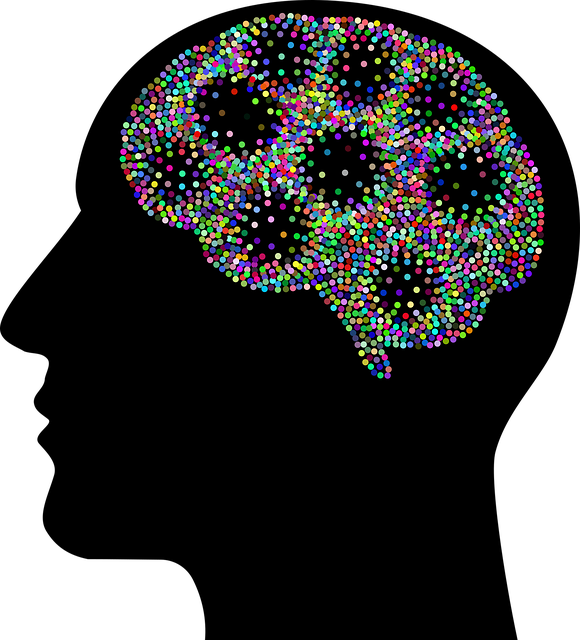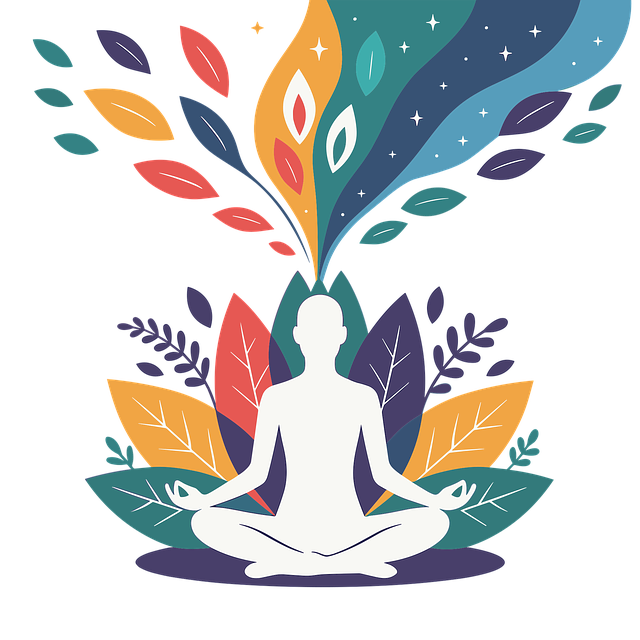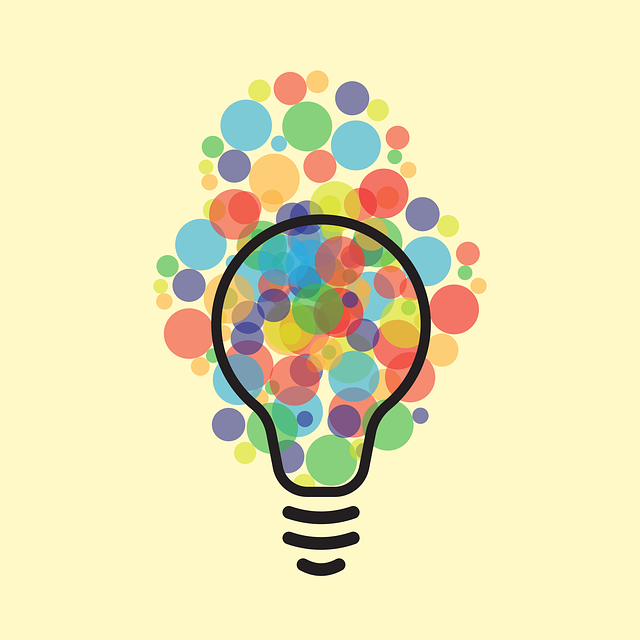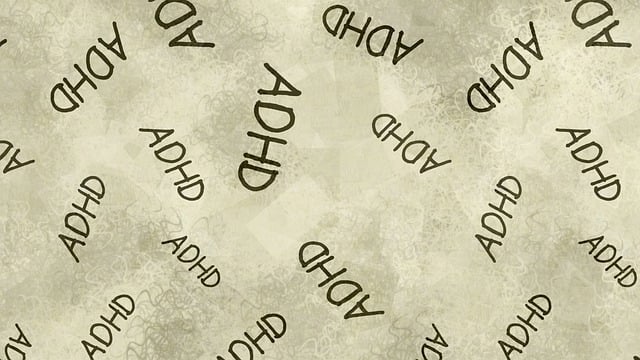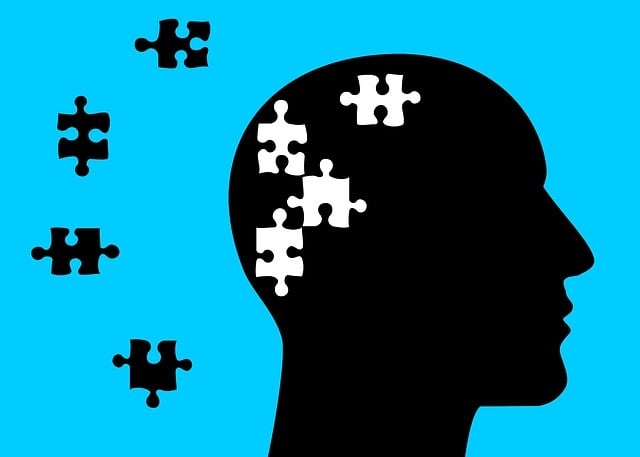Adult anxiety, especially in women, is effectively managed through identifying triggers like work demands, financial stress, and life changes. Cognitive Behavioral Therapy (CBT) targets negative thought patterns, providing structured coping skills. Mindfulness meditation promotes present-moment awareness, reducing anxious thoughts. Lifestyle changes including exercise, diet, and sleep also improve mental health. Support groups and community resources offer safe spaces for connection and shared experiences, enhancing traditional therapy for women's specific anxiety issues.
“Anxiety is a prevalent issue affecting many adults, with specific challenges for women. This article explores effective management techniques tailored to address female anxiety, offering a comprehensive guide to reclaiming mental well-being. From understanding common triggers and symptoms to exploring evidence-based therapies like Cognitive Behavioral Therapy (CBT), we delve into strategies that work. Discover the power of mindfulness, lifestyle adjustments, and support groups specifically designed to help women navigate and overcome their anxiety.”
- Understanding Adult Anxiety: Common Triggers and Symptoms
- Cognitive Behavioral Therapy (CBT): A Powerful Tool for Anxiety Management
- Mindfulness and Meditation Techniques to Calm the Mind
- Lifestyle Changes for Better Mental Health: Exercise, Diet, and Sleep
- Support Groups and Community Resources for Women's Anxiety Issues
Understanding Adult Anxiety: Common Triggers and Symptoms

Adult anxiety is a complex mental health issue that manifests through various symptoms and triggers. Recognizing common instigators is an essential step in managing it effectively. These can include overwhelming work demands, financial stress, or significant life changes like moving to a new city. Social interactions are also frequent triggers, especially for women dealing with social anxiety, which can significantly impact their daily lives and professional pursuits.
Symptoms vary but often include persistent worry, restlessness, insomnia, and irritability. Some individuals may experience physical manifestations such as rapid heartbeat, muscle tension, or dizziness. Understanding these signs is crucial in seeking appropriate therapy for adults tailored to women’s issues. Mental illness stigma reduction efforts play a vital role here, encouraging open conversations about anxiety and promoting accessible treatment options like Social Skills Training and Mindfulness Meditation.
Cognitive Behavioral Therapy (CBT): A Powerful Tool for Anxiety Management

Cognitive Behavioral Therapy (CBT) has emerged as a highly effective tool for managing anxiety in adults and addressing women’s issues related to mental health. This form of therapy focuses on identifying and changing negative thought patterns that contribute to feelings of anxiety, offering a practical approach to coping skills development. By challenging distorted beliefs and replacing them with more realistic perspectives, CBT empowers individuals to take control of their mental wellness.
For those dealing with the impact of mental illness and striving to reduce stigma, CBT provides a structured framework. It equips clients with strategies to navigate life’s challenges and manage anxiety symptoms effectively. Through CBT, individuals learn to recognize triggers, develop healthier coping mechanisms, and foster better emotional regulation, all contributing to enhanced mental wellness.
Mindfulness and Meditation Techniques to Calm the Mind

Mindfulness and meditation have emerged as powerful tools for managing anxiety, offering a calming counterpoint to the restless mind. These practices encourage individuals, especially women navigating adult life’s challenges, to focus on the present moment, observing thoughts and sensations without judgment. By cultivating awareness of one’s internal state, mindfulness therapy for adults with womens issues can help mitigate anxious thoughts and reduce stress responses.
Meditation techniques, such as deep breathing exercises and guided imagery, facilitate a shift in consciousness, fostering resilience against anxiety disorders. Integrating these practices into daily routines empowers individuals to respond rather than react to anxious urges, enhancing their ability to manage challenging situations. This is particularly beneficial for mental health professionals who also face high-stress environments; engaging in mindfulness and meditation can improve self-care, inform crisis intervention guidance, and support a holistic approach to risk assessment for Mental Health Professionals.
Lifestyle Changes for Better Mental Health: Exercise, Diet, and Sleep

Incorporating lifestyle changes can significantly enhance mental health for adults dealing with women’s issues. Regular exercise has been shown to reduce anxiety and depression, promoting overall well-being. This doesn’t necessarily mean intense workouts; even moderate activities like walking, yoga, or swimming can make a positive impact. A balanced diet is another crucial element. Nutrient-rich foods support brain health and stable mood regulation, while processed sugars and unhealthy fats can exacerbate anxiety symptoms. Adequate sleep is also vital; most adults need 7-9 hours per night to function optimally. Sleep deprivation increases stress hormones, making it harder to manage anxiety effectively.
Beyond these individual practices, seeking professional help through therapy for adults can be transformative. Mental health policy analysis and advocacy play a critical role in ensuring accessible and culturally sensitive mental healthcare services, particularly for women’s issues. Incorporating stress management workshops or organization initiatives can also empower individuals with coping strategies, fostering a supportive community environment that addresses the unique challenges faced by adult women. Cultural sensitivity in mental healthcare practice is essential to creating safe spaces where diverse populations feel understood and receive tailored support.
Support Groups and Community Resources for Women's Anxiety Issues

Support groups and community resources play a pivotal role in addressing anxiety issues specifically faced by women. These platforms offer a safe space where women can connect, share experiences, and learn from one another, fostering a sense of belonging and mutual understanding. Many communities have dedicated support groups facilitated by mental health professionals, providing therapeutic environments that complement traditional therapy for adults with womens issues.
Additionally, community resources often include workshops focused on social skills training and self-awareness exercises, empowering women to navigate anxious situations more effectively. Encouraging practices such as mental wellness journaling exercises can further assist in managing anxiety symptoms. These resources not only enhance coping strategies but also promote overall mental wellness, guiding women towards a path of greater resilience and improved quality of life.
Anxiety management is a multifaceted approach tailored to individual needs, especially for women seeking therapy for adult women’s issues. From understanding triggers and symptoms to adopting evidence-based techniques like CBT and mindfulness, there are effective ways to navigate and overcome anxiety. Integrating lifestyle changes centered on exercise, diet, and sleep further enhances mental well-being. Leveraging support groups and community resources adds a vital layer of support. By combining these strategies, women can take control of their mental health and lead more fulfilling lives.

